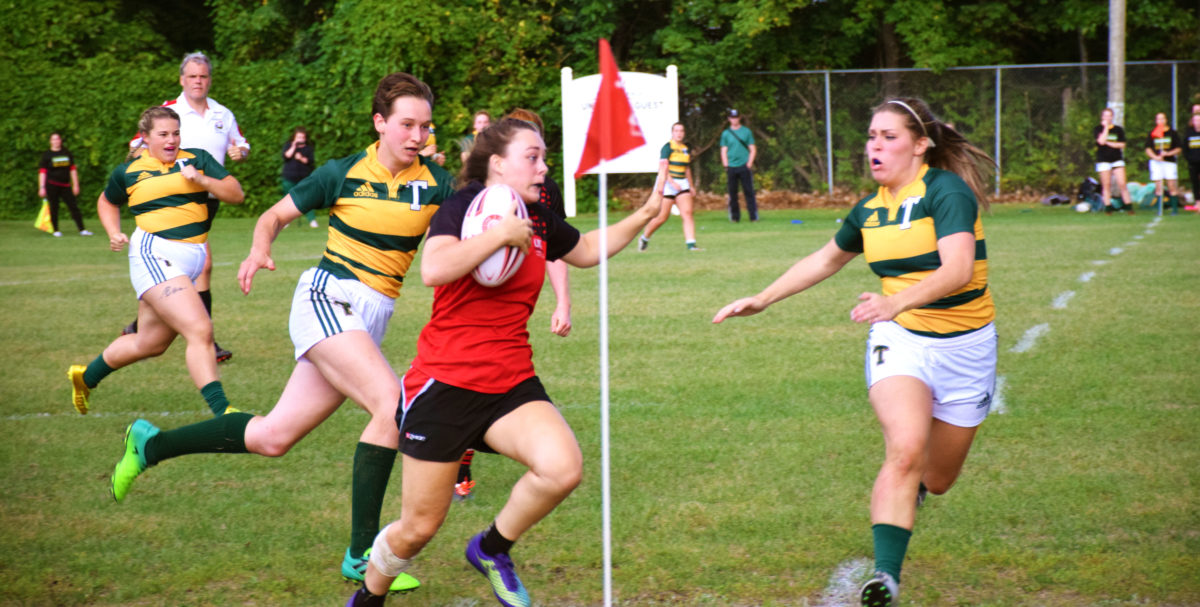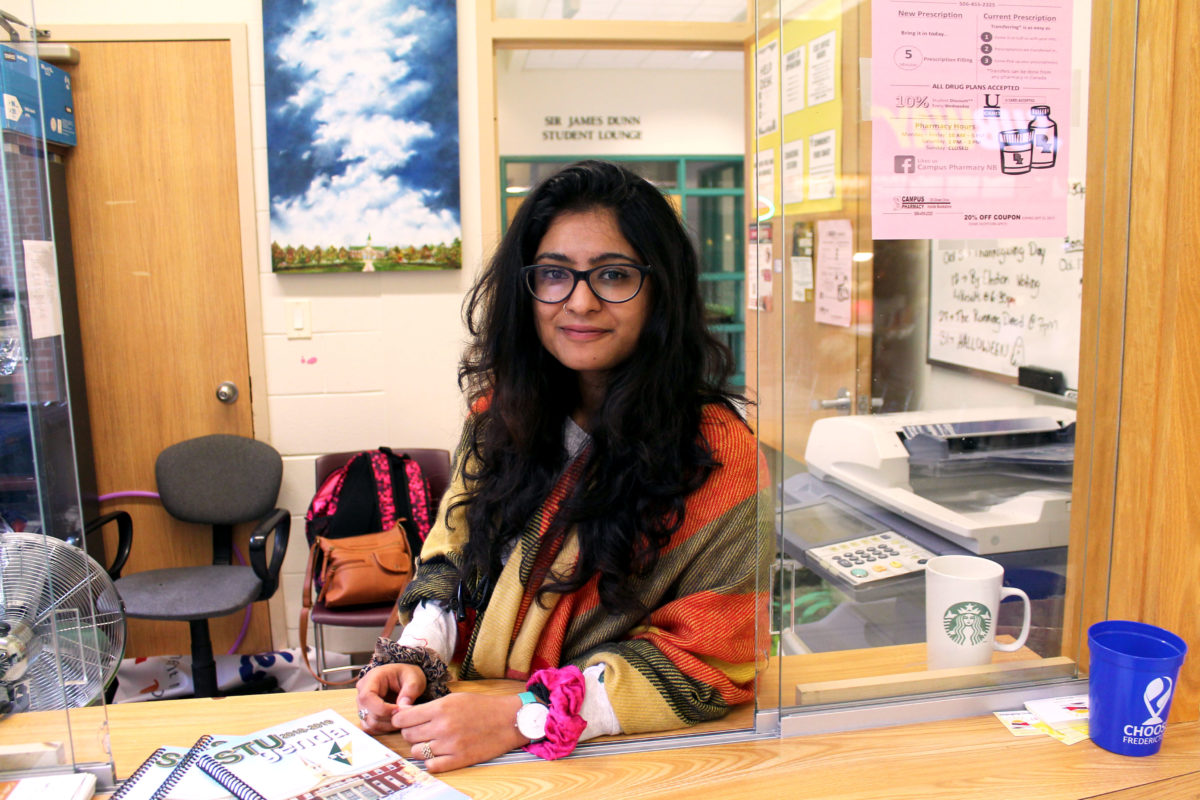
Class, practice, work, gym, volunteer, study . . . wait, where does sleep and food fit?
Classes alone can feel overwhelming. Tack on jobs, sports and a social life and things go from overwhelming to overloaded. Students are often told the best thing they can do for themselves is get involved. But where do students draw the line and learn to say no?
Fourth-year student Abbie LeBlanc is triple-honouring in human rights, political science and Great Books. She’s also captain of the women’s rugby team, writing her thesis and taking 18 credit hours, three of which are moot court. LeBlanc said her schedule can often feel like too much.
“You get to the end of the week and I’m planning out all the things I need to do for the next week and when the list just keeps going and going that definitely feels overwhelming,” she said.
LeBlanc said she pushes herself to accept opportunities that come her way because she knows it will benefit her.
“I wouldn’t say I feel external pressure to say yes to other things. It’s always just me kind of pushing myself like, ‘This is something you should do,’ or, ‘This is something you said you’d do, go do it,’” she said.
As for coping with a busy schedule, LeBlanc vowed not to do homework in her pajamas.
“On the weekends, that used to be something I’d do. I’d get up and just start working and never actually change out of my pajamas all day. It’s like, ‘Oh no, this is no way to live,’” she said.

Saru Gupta is in her fourth year at STU, majoring in political science, business and English after taking a gap year in her hometown of New Delhi, India. She said she was her busiest before leaving for India.
“I was on the [St. Thomas University Students’ Union], I was helping with the international student centre, I was organizing a couple conferences, I used to do theatre. So, I guess that was the prime of my busy time, my third year, and it was just because I didn’t say no to anything,” she said.
Gupta said she felt compelled to say yes to as many opportunities as possible but taking on too much took a toll on her mental health.
“You want to be a good student, you want to be super involved and you need to do everything and do all aspects of life, and that culminated to me absolutely losing my shit because I had so much to do,” she said.
In middle school, Gupta woke up at 4 a.m. for rollerblading practice. In high school, she took the International Baccalaureate Diploma Programme. She was used to a busy lifestyle when she entered university, but after her third year she knew she needed to drop some things.
“I’ve had that super busy time of my life and I’ve realized that’s not good for you,” she said.

Lucas Gutiérrez-Robert has also taken a step back this year. The fourth-year English student with an emphasis in drama was involved in Theatre St. Thomas in his first and third year. This year, he decided he needed some time off. Gutiérrez-Robert is taking a full course load, which includes pracitcing for the play Newsies as part of his musical theatre class. He also works part-time at Delish Gourmet Rolled Ice Cream.
Gutiérrez-Robert said learning to say no is an important skill — one he hasn’t mastered yet.
“It is a skill that is very valuable in the theatre community, being able to be flattered by opportunities but also being able to respectfully turn them down,” said Gutiérrez-Robert.
Gutiérrez-Robert said he tries to cope with his busy schedule by staying positive, listening to music and working out. He said sometimes he hasn’t had time to deal with his hectic schedule and it affects his performance.
“I’d start to fall behind in courses, I’d be way too tired at work or at rehearsal,” he said.
By surrounding himself with hard-working friends, Gutiérrez-Robert is encouraged to stay on top of things.

Kathleen Hyndman, a learning strategist at STU, suggests students organize their syllabi by writing down their deadlines for the whole semester to see the big picture. Hyndman also advises them to write down their schedules week-by-week to avoid feeling overwhelmed.
“It’s one thing to have all these ideas floating around in our head, but to actually put it on paper and see it, is very different,” said Hyndman.
Hyndman says making room for relaxation is an important part of any schedule.
“With the study schedules, try to keep it as simple and reasonable as possible. I tell students, ‘Are you a morning person?’ If not, let’s not put study times in the morning. The last thing I want is for you to wake up already feeling like you’re failing.”
